On the afternoon of November 3, continuing the program of the 10th Session, National Assembly deputies of Son La and Vinh Long provinces discussed at Group 13 on the projects: Law amending and supplementing a number of articles of the Law on Statistics; Law on Prices and Law on E-commerce.

Clarifying the responsibilities of local authorities
Discussing the draft Law on E-commerce, delegate Huynh Thi Hang Nga (Vinh Long) said that the draft only stipulates the Government's responsibility for state management, and has not clearly shown the role of local authorities in organizing implementation. In reality, e-commerce activities are developing strongly in the locality with many models such as selling via TikTok, Facebook, livestreaming to connect agricultural product consumption, bringing clear economic value.
Delegates proposed to supplement specific regulations on decentralization and delegation of power to local authorities in accordance with the Law on Organization of Local Government, thereby promoting proactiveness, self-responsibility and increasing the effectiveness of supervision and management.
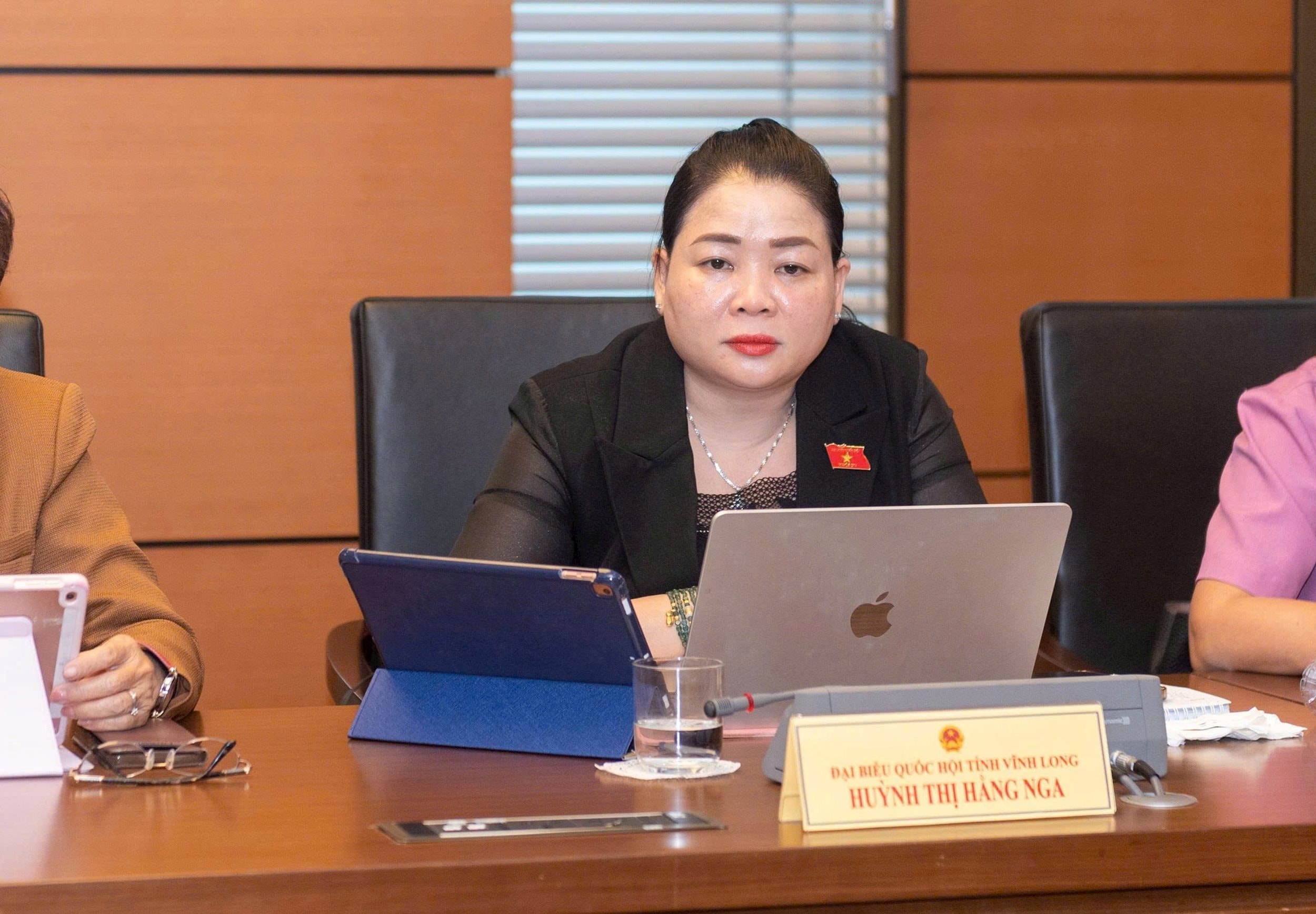
Regarding the responsibility of the entity providing the e-commerce platform, the delegate proposed to add a provision on joint responsibility for compensation for damages if they do not perform or do not fully perform the obligation to control information and goods. The delegate emphasized that the consequences of e-commerce violations do not stop at civil compensation but can be related to consumer protection, network security, intellectual property, etc., so responsibility must be fully and strictly regulated according to relevant laws.

Regarding the 5-year exemption from liability for small and micro enterprises, delegate Huynh Thi Hang Nga suggested having a roadmap and appropriate classification to both support innovation and prevent policy abuse that poses risks to consumers.
Delegates also proposed adding a flexible post-control mechanism, instead of focusing on pre-control, in the direction of creating favorable conditions for business development, encouraging innovation, but still ensuring risk control and preventing violations. At the same time, it is necessary to promote the role of the Fatherland Front and social organizations in independent supervision and protecting consumer rights.
Delegate Trinh Minh Binh (Vinh Long) proposed to add regulations to prevent e-commerce fraud such as falsifying information, providing goods that violate intellectual property rights, manipulating data, tax evasion, money laundering, etc. Delegate proposed regulations to authenticate the identity of livestream sellers, declare and pay taxes when there is revenue, publicize product information and take responsibility for the products introduced. For affiliate marketing activities, the platform must publicize its operating mechanism, control promotional content and promptly prevent violations.
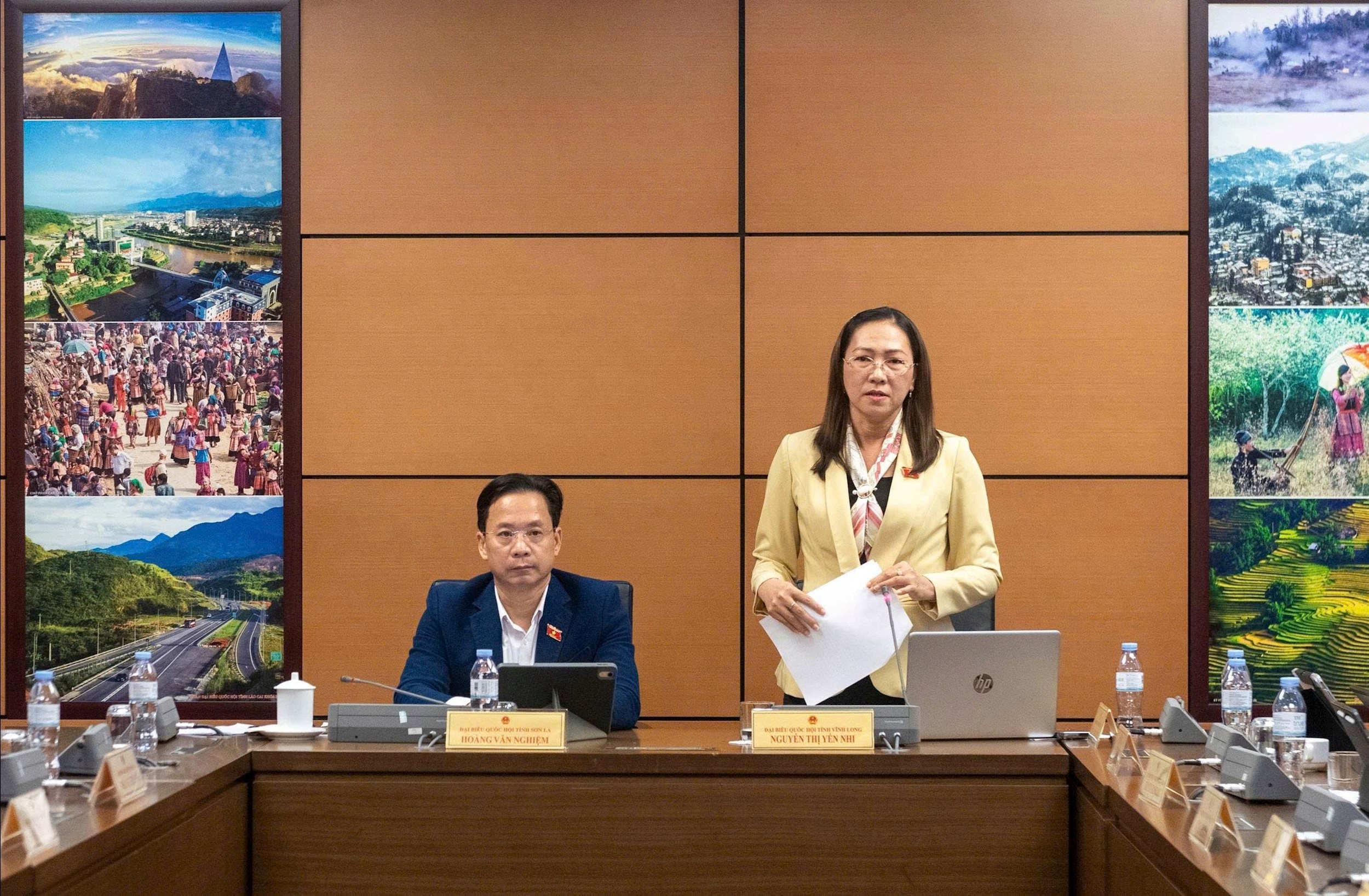
Delegate Nguyen Thi Yen Nhi (Vinh Long) emphasized that the situation of counterfeit goods, fake goods, and fraud in e-commerce is still complicated. Therefore, it is necessary to supplement a mechanism for quick online dispute resolution, a process for checking the origin of goods, and a clear compensation mechanism.
Delegates also recommended the need to improve the tax collection mechanism for e-commerce transactions, especially cross-border transactions, to ensure fairness and prevent budget losses.
Delegates expressed their hope that the completion of the Law on E-commerce will contribute to protecting consumers, increasing transparency, preventing fraudulent behavior, and at the same time creating a fair competitive environment, supporting Vietnamese enterprises to effectively take advantage of opportunities from the digital economy.
Ensuring consistency and synchronization throughout the statistical system
Discussing the draft Law amending and supplementing a number of articles of the Law on Statistics, delegate Hoang Thi Doi (Son La) expressed her agreement with the necessity of promulgating the Law, saying that the draft has focused on adjusting the contents related to the organization of state statistics and specialized inspection activities, in accordance with the requirements of arranging, streamlining the apparatus and perfecting the management method in the direction of decentralization and delegation of power associated with the 3-level government model from the central to local levels.

Commenting on the draft in Clause 23, Article 1 amending Article 8 of the Law on Statistics, delegates said that replacing specialized statistical inspection activities with a specialized inspection mechanism assigned to the national statistical agency and provincial statistical agencies is consistent with the practical organizational structure when the Law on Inspection 2025 does not stipulate a specialized inspection agency under the Ministry of Finance.
However, the delegate noted that the current Law on Statistics still stipulates the responsibility for inspection, examination and handling of violations of the law on statistics. While the Ministry of Finance is the unified state management agency for statistics according to the draft, there is no longer a specialized inspection agency. Therefore, it is recommended to review and supplement the content to ensure consistency and avoid legal gaps in implementation.
Regarding Article 51, delegates suggested considering removing the phrase “priority” in the regulations on investment development, application of information technology and digital transformation in statistical activities. Giving priority order may create inconsistent understanding among sectors; while all public investment decisions need to be comprehensively assessed according to general development requirements.
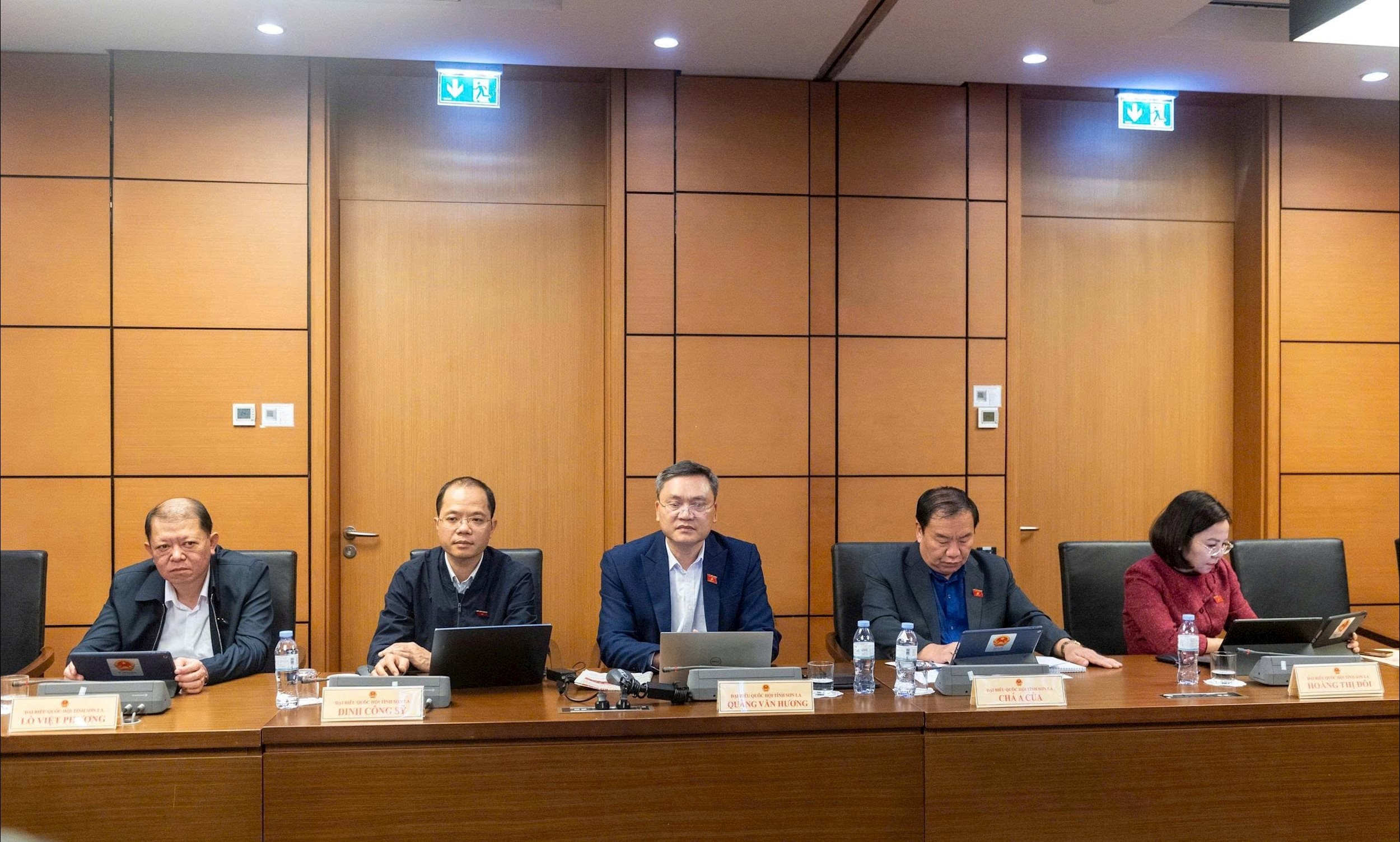
At the same time, delegates suggested clarifying the concept of “platform software” because the draft has not explained it and some specialized laws on information technology and digital transformation currently only stipulate “digital platform” or “specialized digital platform”. Therefore, unifying the terminology will ensure legal compatibility and convenience in organization and implementation.
In Clause 16 and Clause 24, Article 1, delegates proposed to clarify the meaning of "grassroots level" because the current local government model only includes the provincial and commune levels. Inconsistent use can cause confusion in determining responsibilities and organizing the implementation of statistical reporting regimes. In addition, when transferring from the district-level statistical information system to the commune-level, it is necessary to fully assess the organizational capacity, information technology infrastructure and statistical human resources of the commune level, avoiding regulations that exceed the implementation capacity.
Delegates recommended that the drafting agency continue to review to ensure consistency in terminology, scope of responsibility and implementation mechanisms throughout the state statistical system, from central to local levels, in order to improve the efficiency of collecting, analyzing and using statistical information to serve policy making.
Source: https://daibieunhandan.vn/tao-moi-truong-phat-trien-thuong-mai-dien-tu-minh-bach-ben-vung-10394220.html



![[Photo] Ho Chi Minh City Youth Take Action for a Cleaner Environment](https://vphoto.vietnam.vn/thumb/1200x675/vietnam/resource/IMAGE/2025/11/04/1762233574890_550816358-1108586934787014-6430522970717297480-n-1-jpg.webp)

![[Photo] Comrade Nguyen Duy Ngoc holds the position of Secretary of the Hanoi Party Committee](https://vphoto.vietnam.vn/thumb/1200x675/vietnam/resource/IMAGE/2025/11/04/1762234472658_a1-bnd-5518-8538-jpg.webp)
![[Photo] Ca Mau "struggling" to cope with the highest tide of the year, forecast to exceed alert level 3](https://vphoto.vietnam.vn/thumb/1200x675/vietnam/resource/IMAGE/2025/11/04/1762235371445_ndo_br_trieu-cuong-2-6486-jpg.webp)
![[Photo] Government holds a special meeting on 8 decrees related to the International Financial Center in Vietnam](https://vphoto.vietnam.vn/thumb/1200x675/vietnam/resource/IMAGE/2025/11/04/1762229370189_dsc-9764-jpg.webp)
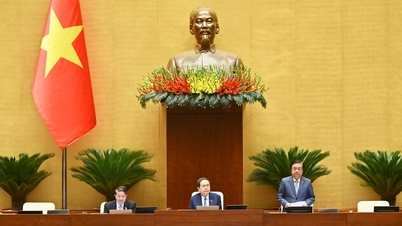

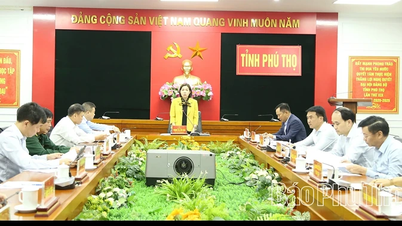





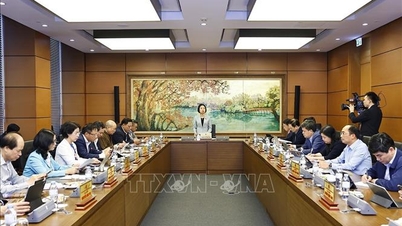





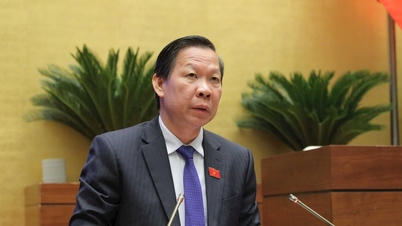








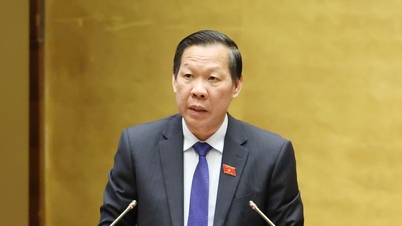


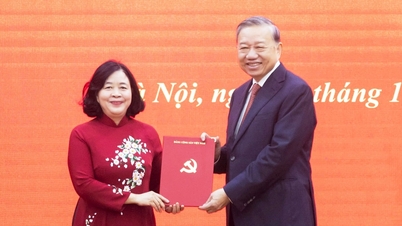















































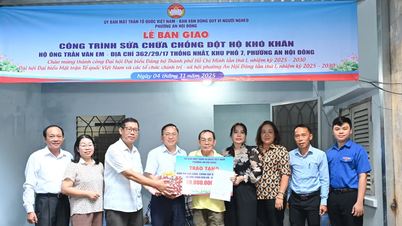






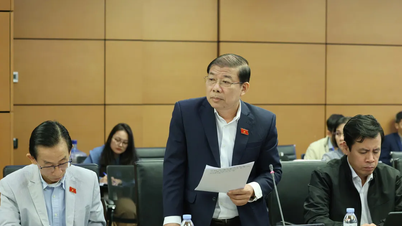
















Comment (0)